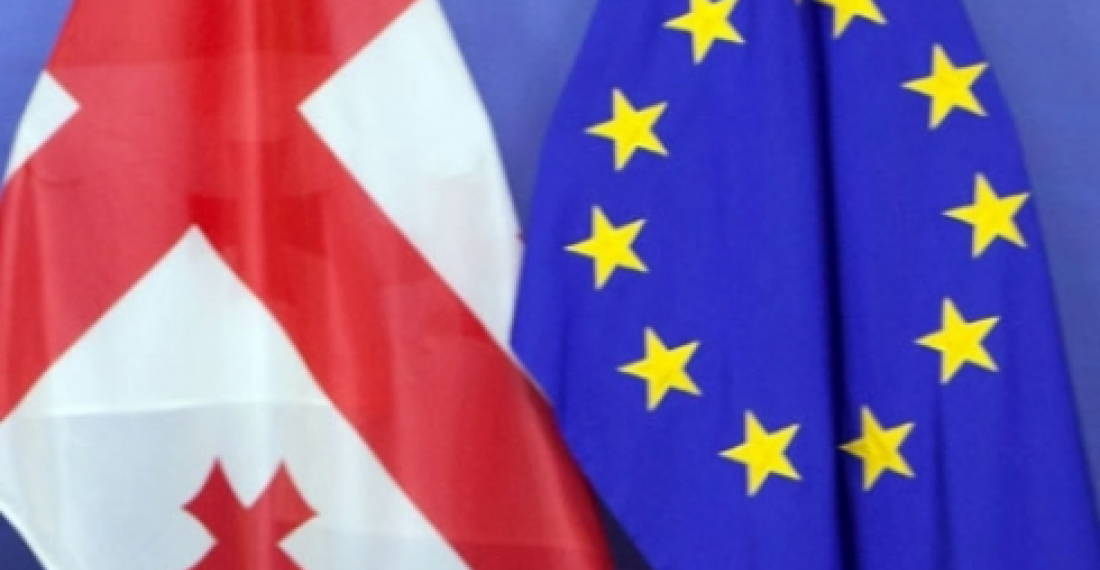The EU-Georgia Association Agreement signed in June 2014 came into force on 1 July 2016 after having been ratified by the parliaments of all 28 member states of the European Union. The Assocation Agreement, with its Deep and Comprehensive Free Trade Area (DCFTA), foresees far-reaching political and economic integration with the EU by significantly deepening political and economic ties. Many provisions of the agreement have already begun to be implemented, and some are even beginning to give tangible results, such as the opening up of European markets to Georgian exports.
EU-Georgia relations are a success story, and the EU has been a consistent supporter of Georgia over the years. Among Georgians however, there is some disappointment that the agreement on visa liberalisation is not yet signed, and that there is not a full membership perspective in the short to medium term.
In a commentary published this morning by the leading think tank on EU affairs, the European Policy Centre, Dennis Sammut writes:
"Despite the difficulties, the relationship between Georgia and the EU has been a successful one. It now enters a new phase where the focus must be on consolidating whathas been achieved by making the AA and DCFTA work for the benefit of the Georgian people. Issues will emerge over time that will continue to test this relationship – a result mostly of unfulfilled expectations – but given that the foundation is solid, challenges can be overcome. Having said that, both sides should be ready to maintain a long-term perspective, and set themselves ambitious agendas: to harmonise legislation; extend co-operation especially in the field of education; and develop business to business contacts. Such concrete, sustained initiatives will also define the future."
Dennis Sammut argues that the Georgian Dream government has accelerated the process of Euro-Atlantic integration and the emergence in the Georgian parliament of cross-party consensus on the main aspects of foreign policy has been a major source of stability. He warns however that some new populist political forces, some of whom may have the support of Moscow, are questioning this policy, and while they may have not been in the Parliament in the last years they may secure seats after the October 8 election. This election will therefore be a further test for Georgia's Euroatlantic integration and committment." You may read the full commentary on the EPC website here
source: commonspace.eu with epc.eu







